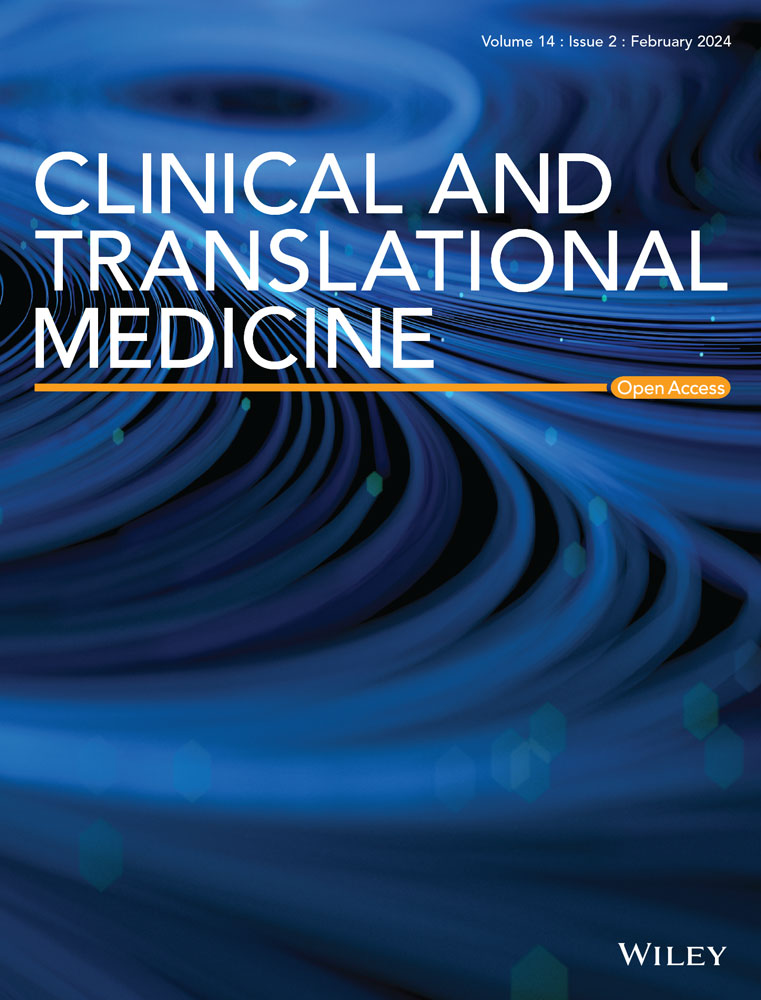An adoptive cell therapy with TREM2-overexpressing macrophages mitigates the transition from acute kidney injury to chronic kidney disease
Abstract
Background
Macrophages have been shown to contribute to renal injury and fibrosis as well as repair. Recently, Triggering Receptor Expressed on Myeloid Cells 2 (TREM2)-positive macrophages have been shown to play important roles in regulating tissue inflammation and repair. However, it remains unclear whether they can mitigate the transition from acute kidney injury to chronic kidney disease (the AKI–CKD transition).
Methods
The AKI–CKD transition was generated by unilateral ischaemia–reperfusion injury (UIRI) in wild-type (WT) and Trem2 knockout mice. F4/80 magnetic beads were used to isolate renal macrophages. Flow cytometry was used to determine the levels of TREM2 and CD11b levels. Quantitative reverse transcription polymerase chain reaction (qRT-PCR), Western blotting and histological staining were performed to determine the expression of cytokines and fibrotic markers. RNA-seq was used to investigate transcriptomic changes between WT and Trem2 knockout bone marrow-derived macrophages (BMDMs). TREM2-overexpressing macrophages were generated using lentivirus and transferred intravenously to UIRI mice.
Results
TREM2 macrophages exhibited a strong renal protective effect on the AKI–CKD transition. Genetic deletion of Trem2 resulted in increased renal inflammation and exacerbated renal injury and fibrosis in UIRI mice. Interestingly, we found that hypoxia could increase TREM2 expression in macrophages via HIF-1α. Upregulated TREM2 expression enhanced macrophage phagocytosis and suppressed the expression of pro-inflammatory cytokines, resulting in lower levels of apoptosis and fibrosis in tubular epithelial cells. Using RNA-seq analysis, we showed that the regulatory effects of TREM2 were orchestrated by the PI3K-AKT pathway. Pharmacological regulation of the PI3K-AKT pathway could modulate the macrophage-mediated inflammation and phagocytosis. In addition, an adoptive cell therapy using TREM2-overexpressing macrophages effectively reduced the immune cell infiltration, renal injury and fibrosis in UIRI mice.
Conclusion
Our study not only provides valuable mechanistic insights into the role of Trem2 in the AKI–CKD transition but also offers a new avenue for TREM2-overexpressing macrophage-based adoptive cell therapy to treat kidney diseases.
Key points
-
TREM2 knockout worsens kidney injury and accelerates AKI–CKD transition.
-
TREM2 is upregulated by hypoxia via HIF1α in AKI–CKD transition.
-
An adoptive cell therapy using TREM2-overexpressing macrophages reduces kidney inflammation and fibrosis.


 求助内容:
求助内容: 应助结果提醒方式:
应助结果提醒方式:


